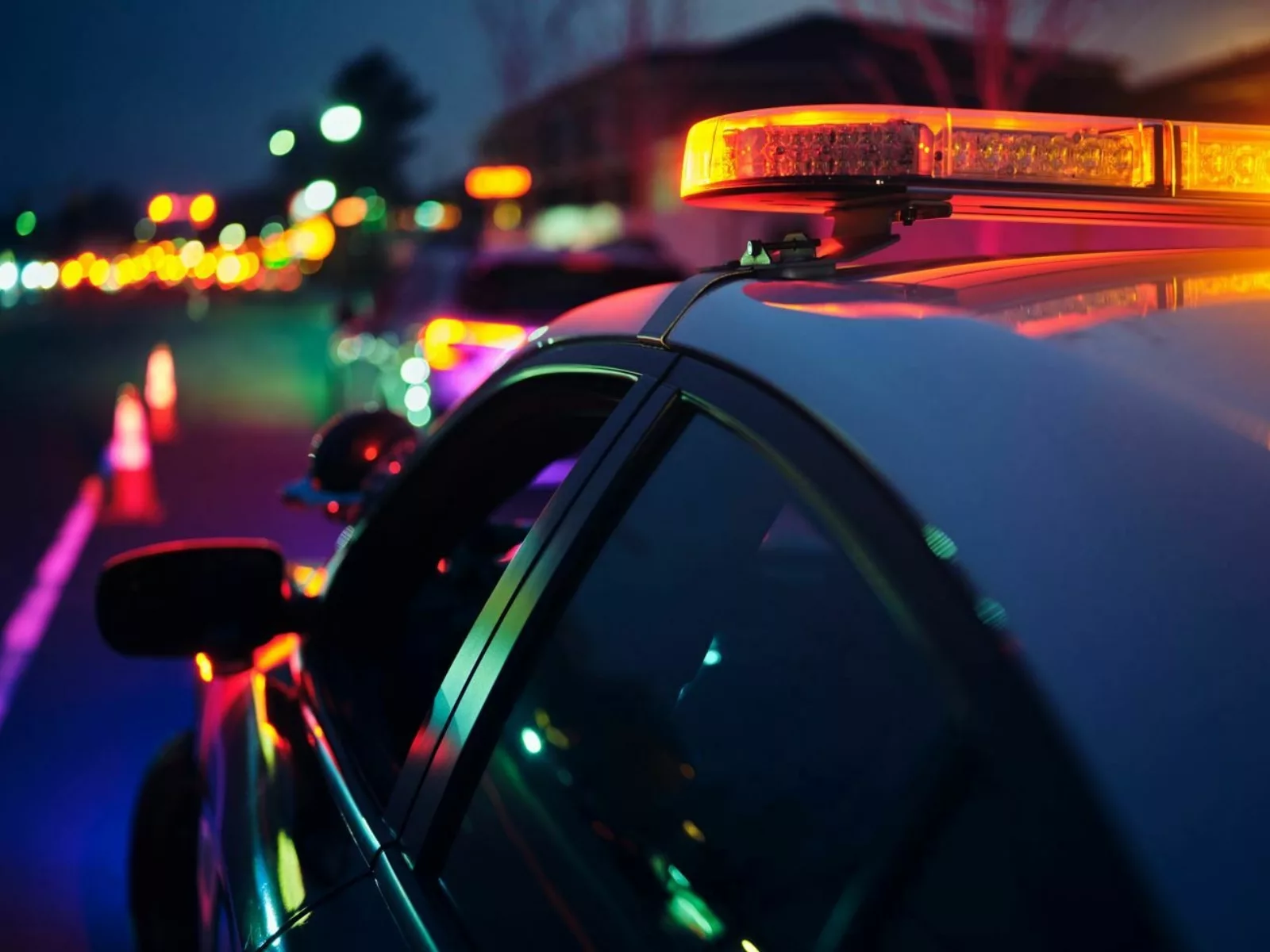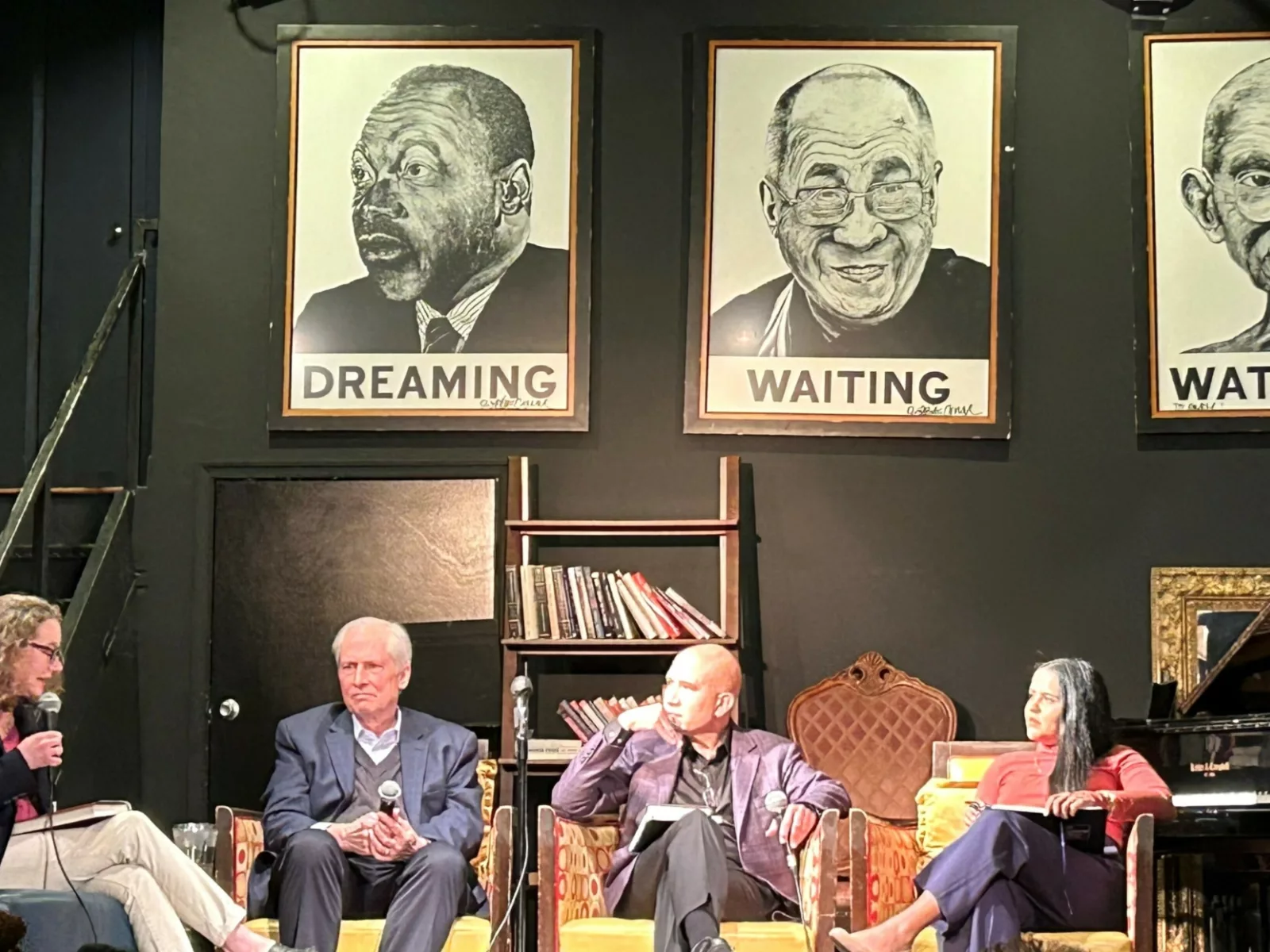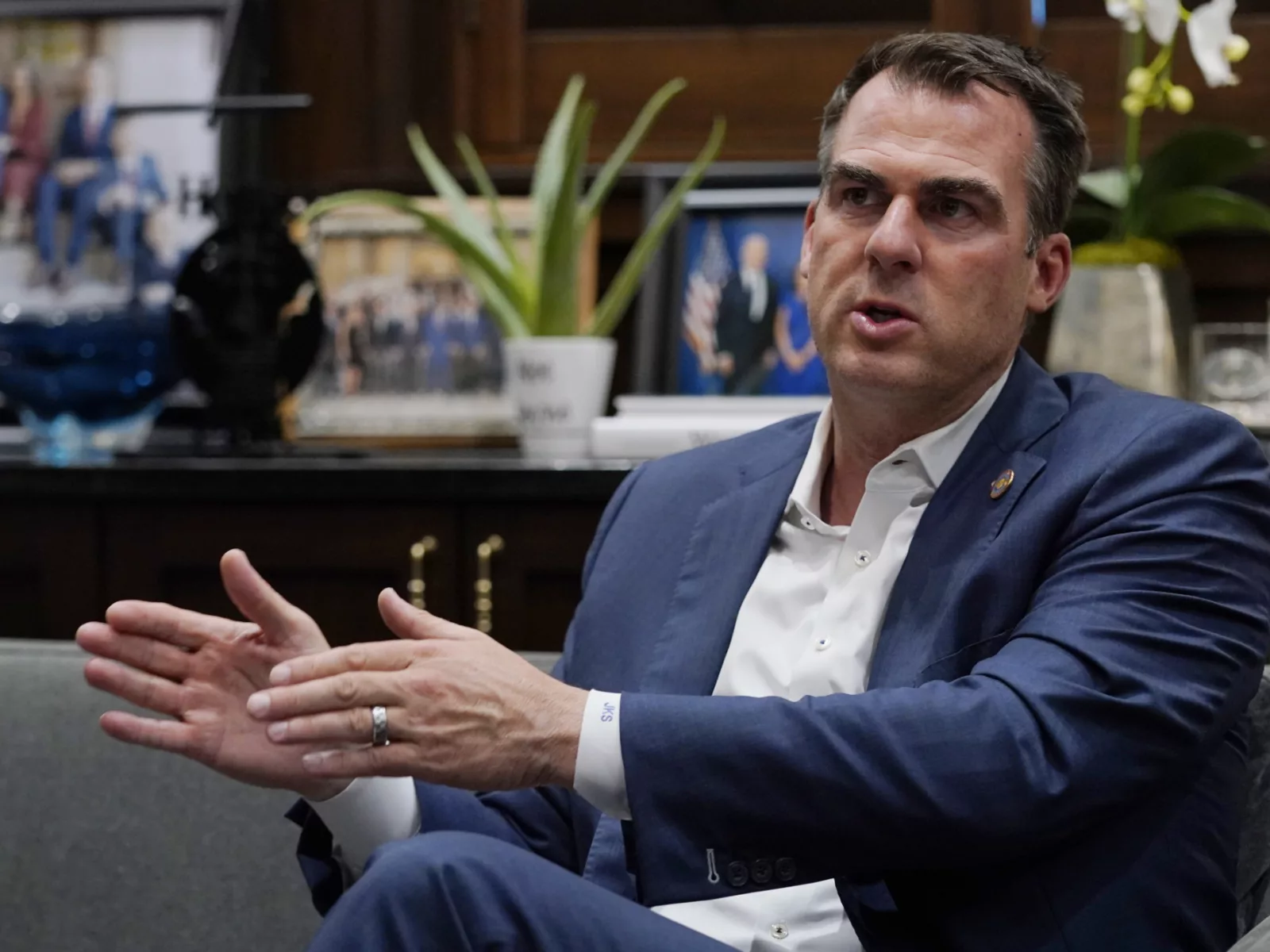As the U.S. economy continues to suffer from the COVID-19 pandemic, too many people involved with the criminal justice system have been left out of a critical recovery program.
In an op-ed published in the Washington Examiner this week, Arnold Ventures’ Vice President of Criminal Justice Amy Solomon called on Congress to fix this mistake and pass the bipartisan Paycheck Protection Program Second Chance Act.
“To help business owners and employees survive, the federal government created the Paycheck Protection Program PPP to offer low-interest loans that are forgiven if at least 75 percent of the loan is used to cover payroll,” she wrote. “While initially impressed at how Congress and the Trump administration moved swiftly to meet the historic need, I was disheartened to learn they left out many hard-working Americans by prohibiting hundreds of thousands of people with prior criminal records from accessing the program.”
An analysis commissioned by Arnold Ventures found that 3 percent of sole proprietorships, the most common type of business, were likely ineligible for a PPP loan because of a criminal record. While that may seem like a small percentage, it means that 700,000−800,000 people were unjustly prohibited from the program.
Far too many people who have been involved with the criminal justice system already face barriers to employment even after they pay their dues to society. This discriminatory practice just works to create yet another unnecessary obstacle. And polling by the Justice Action Network suggests the public wants to see that obstacle torn down: More than 60% of voters agree that business owners with criminal records should not be prohibited from receiving PPP loans or other federal stimulus money.
While the SBA has rolled back some of these exclusions, Congress is still trying to go further and work these anti-discrimination protections into law. A bipartisan coalition including Sens. Rob Portman, Ben Cardin, James Lankford, and Cory Booker, are working to pass the Paycheck Protection Program Second Chance Act. The bill largely echoes language already passed by the House in its latest COVID-19 relief package.






















